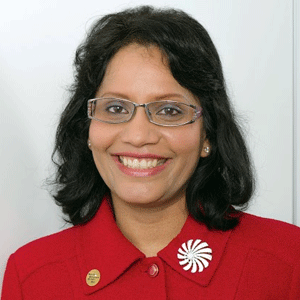Read Also
Advancing the Chemical Industry through Digital Transformation
Jan Mandrup Olesen, Global Head of Digital Business, Indorama Ventures
Cultivating a Sustainable Future through Collaboration
Jiunn Shih, Chief Marketing, Innovation & Sustainability Officer, Zespri International
Mastering Digital Marketing Strategies
Tasya Aulia, Director of Marketing and Communications, Meliá Hotels International
Building a Strong Collaborative Framework for Artificial Intelligence
Boon Siew Han, Regional Head of Humanoid Component Business & R&D (Apac & Greater China), Schaeffler
From Legacy to Agility Through Digital Transformation
Athikom Kanchanavibhu, EVP, Digital & Technology Transformation, Mitr Phol Group
Change Management for Clinical Ancillary Teams: Aligning Practice with Policy and Progress
Ts. Dr. James Chong, Chief Executive Officer, Columbia Asia Hospital – Tebrau
Digital Transformation: A Journey Beyond Technology
John Ang, Group CTO, EtonHouse International Education Group
Building A Strong Data Foundation: The Key To Successful Ai Integration In Business
Richa Arora, Senior Director Of Data Governance, Cbre























